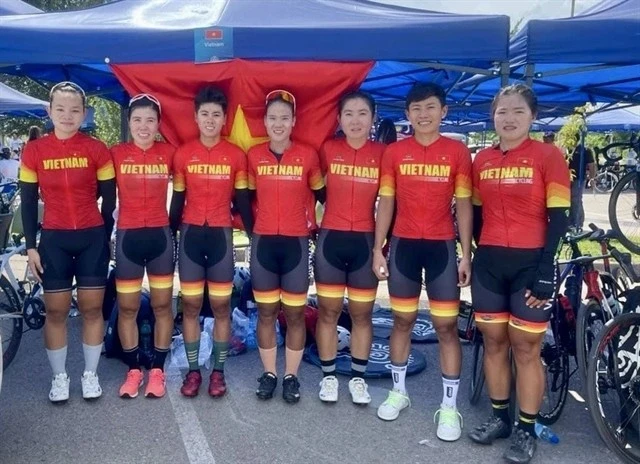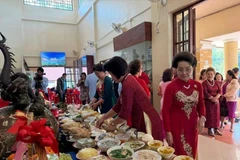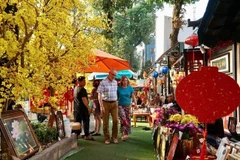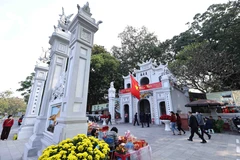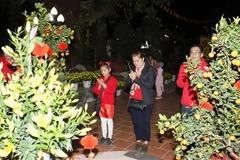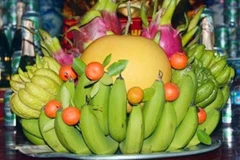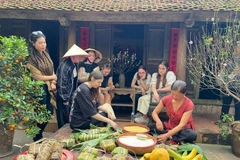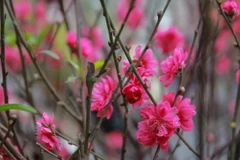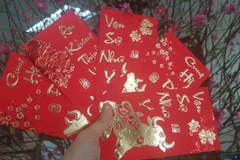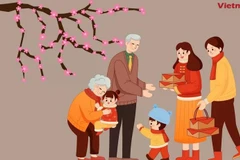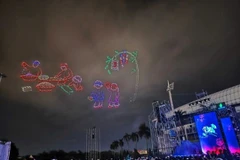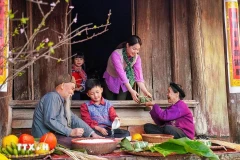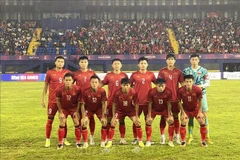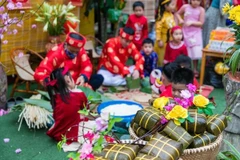Hanoi (VNS/VNA) - The Vietnamese national cycling team are set to travel to Thailand to compete in the 2025 Asian Road Cycling Championships, taking place from February 7 to 16.
This eight-member mixed team will be led by Nguyen Thi That, the first Vietnamese cyclist to secure a spot for the 2024 Paris Olympics, after winning a gold medal at the 2023 Asian Championships.
Other notable cyclists include Thach Thi Ngoc Thao, who won a gold medal at the 2023 Asian Junior Road Cycling Championships and Pham Le Xuan Loc from Military Zone 7, recognised as the best young athlete at the HCM City Television Cycling Tournament.
Vietnamese cyclists will participate in various categories, including junior mens, men's U23, women's U23 and women's road races.
The 2025 Asian Road Cycling Championships will also serve as a qualifying event for the 2028 Los Angeles Olympics, with competitors from over 30 countries and territories expected to participate./.
